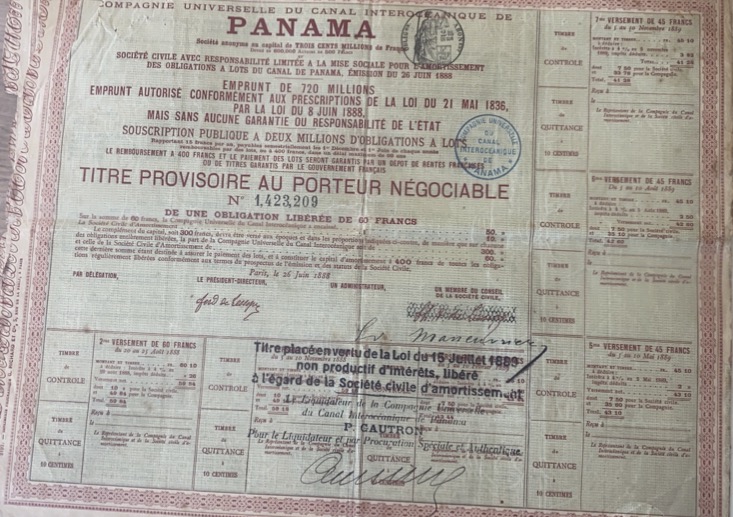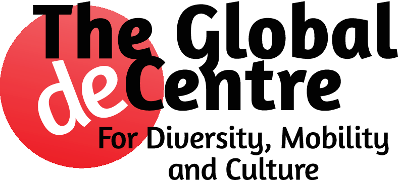
Plenary Session I: Books/Biographies in the Making, by Daniel Schönpflug and Sherene Seikaly
First plenary session as part of the Summer School Moving Biography, all welcome
Thursday, 2 June 2022, 5-7.30pm Orient-Institut Beirut
Plenary session I (moderated by Sonja Mejcher-Atassi): Books/Biographies in the making, two talks by Daniel Schönpflug (Wissenschaftskolleg zu Berlin) and Sherene Seikaly (UC Santa Barbara, virtual), followed by a reception at the OIB.
Biography: Struggling with the Success of a Genre
Daniel Schönpflug (Freie Universität Berlin/Wissenschaftskolleg)
Life stories are the most popular genre for communicating knowledge of history to broader audiences. They are likely to sell well, so trade editors are very open to publishing biographies – even of those historical figures who have already been the object of numerable books. For the professional historian, this is a mixed blessing: on the one hand, it is good to know that there is a well-established channel through which the results of historical research can be communicated. On the other hand, when one does so, one faces methodological difficulties: contemporary historiography has turned away from the individual human as central agent of history, as nowadays historians are more concerned with collectives, institutions, or discourses. Moreover, the classic idea of a “life story” – from the cradle to the grave – is under scrutiny in times of deconstructivist theories, which deny the idea of “personhood” altogether. Antipathy in the discipline has reached a level on which early-career historians are well advised to stay away from writing biographies until they have a permanent position. How to deal with these tensions? In my presentation, I would like to demonstrate that the popularity of the biographical genre can be used in an equally creative and subversive way. I will exemplify my thoughts using the example of a biography of Napoleon Bonaparte that I am in the process of (not) writing.
Short Biography: Daniel Schönpflug is Professor of history at Freie Universität Berlin and has been working as Head of Academic Programs at the Wissenschaftskolleg since 2015. His main research topics are the revolutions of the 18th and 19th century, the emergence of modern Empires and the history of violence and terror. He has lately published the monography “A World on Edge. The End of the Great War and the Dawn of a New World” (2018) and co-edited two volumes on the relation of urban space and violence: “Politische Gewalt im urbanen Raum” (2019) and “Gewalt vor Ort” (2021).
Reading in Time: On the Question of Palestine
Sherene Seikaly (University of California, Santa Barbara)
Reflecting on a series of photographs and documents from family papers from the injured and resilient Palestinian story, this piece reflects on the reading and writing of history, the connections between the personal and the historical, and the entangled links between the past and the lived present. Exploring the multiple registers of reading, from the mundane to the extraordinary, reveals a temporal spectrum that encompasses uprisings, initiatives, movements, and catastrophes. Through four captions on a photograph, a love letter, a passport, and a death certificate, practices of reading as commitments to, adventures in, and vehicles for time help us navigate the limits, the potential, and the possibilities of life writing.
Short Biography: Sherene Seikaly is Associate Professor of History and the Director of the Center for Middle East Studies at the University of California, Santa Barbara. Seikaly’s Men of Capital: Scarcity and Economy in Mandate Palestine (Stanford University Press, 2016) explores how Palestinian capitalists and British colonial officials used economy to shape territory, nationalism, the home, and the body. Her forthcoming book, From Baltimore to Beirut: On the Question of Palestine focuses on a Palestinian man who was at once a colonial officer and a colonized subject, a slaveholder and a refugee. His trajectory from nineteenth century mobility across Baltimore and Sudan to twentieth century immobility in Lebanon places the question of Palestine in a global history of race, capital, slavery, and dispossession. Seikaly is co-editor of Journal of Palestine Studies and co-founder and co-editor of Jadaliyya.

